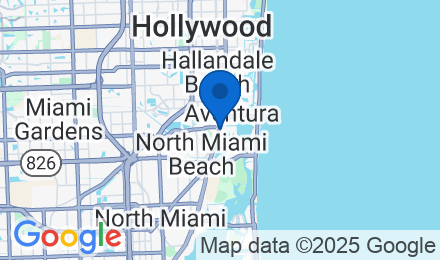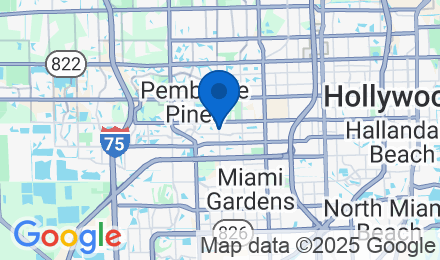Experience Remission from Depression, with TMS.
TMS (transcranial magnetic stimulation) is designed to help people who suffer most from depression to start feeling better again.
4.8 Million Treatments Administered
83% of Patients See Improvement
62% of Patients See Full Remission
What is TMS?
Transcranial Magnetic Stimulation uses strong, magnetic pulses distributed through a coil to regulate the neural activity of brain structures associated with depression.
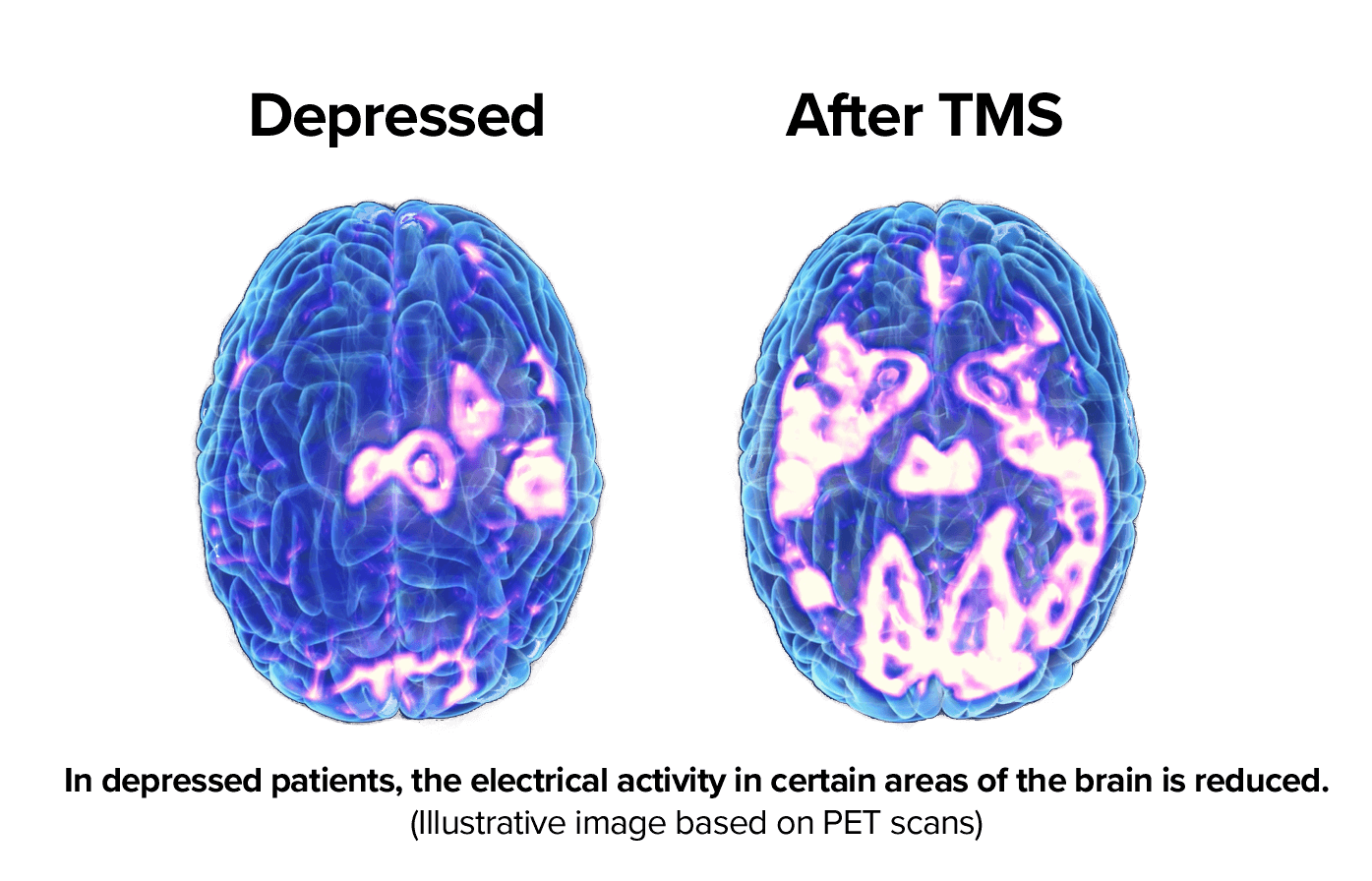
No Systemic Side Effects
While you may feel slight pressure on top of your head, most patients adapt to the sensation after just a couple of sessions.
Medication Free
Rest assured, you do not have to start a new medication regimen throughout TMS.
21 Day Difference
An analysis of 1,753 patients showed that the average patient achieved a sustained response after just 16 treatments.
Hear From Our Patients
Anne

"I'm currently on my 7th session and I'm really enjoying it! I'm noticing i'm waking up earlier and have more energy in the mornings than ever. The team is also great to work with! They are caring, kind and flexible with your schedule. I look forward to completing all my sessions and I highly recommend."
Fernanda
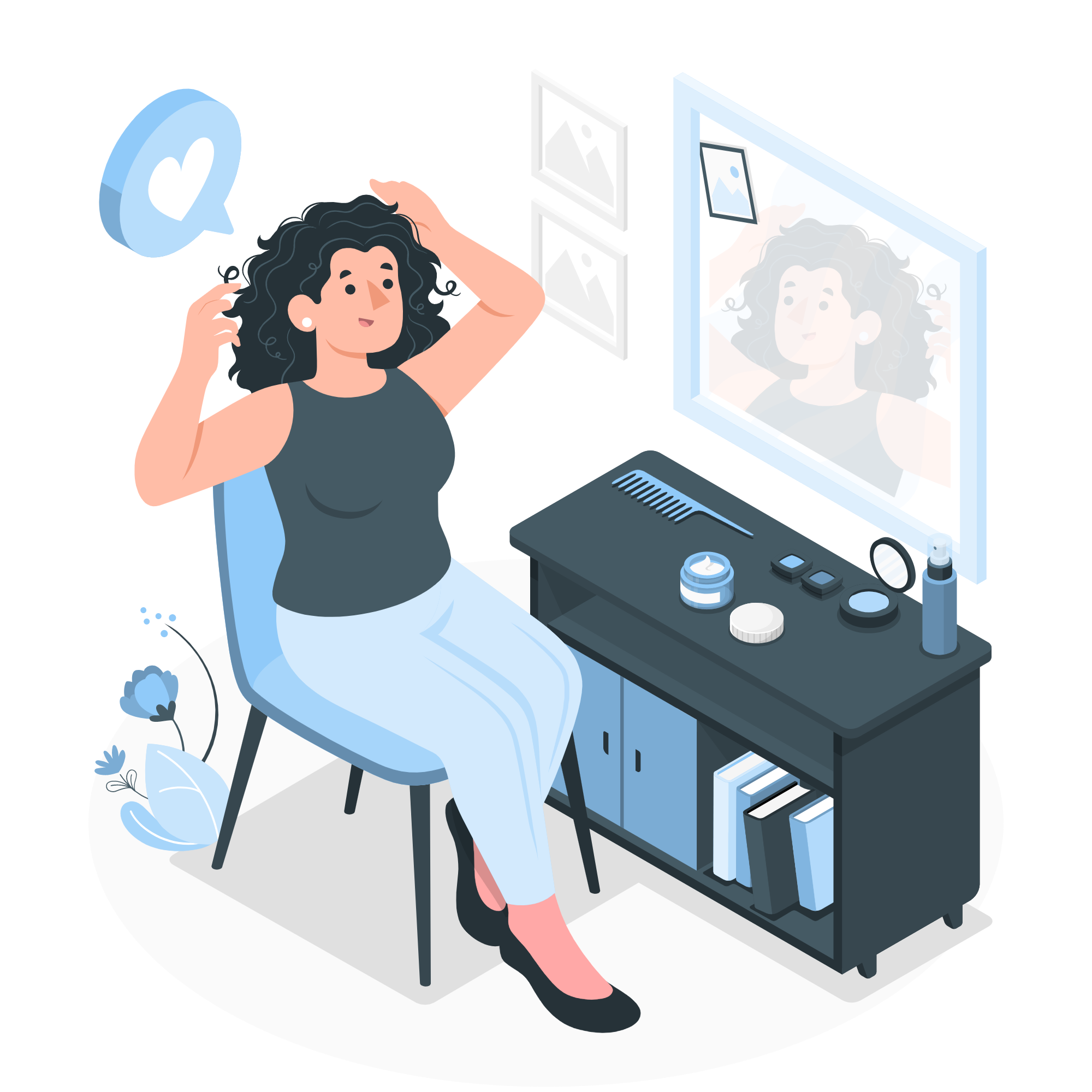
"I love TMS the office in Aventura! It’s a beautiful space with lovely quotes on the walls. The staff are friendly and caring. The doctor is personable and knowledgeable. The chair is state-of-the-art. I really enjoy being treated here."
Gonzalo
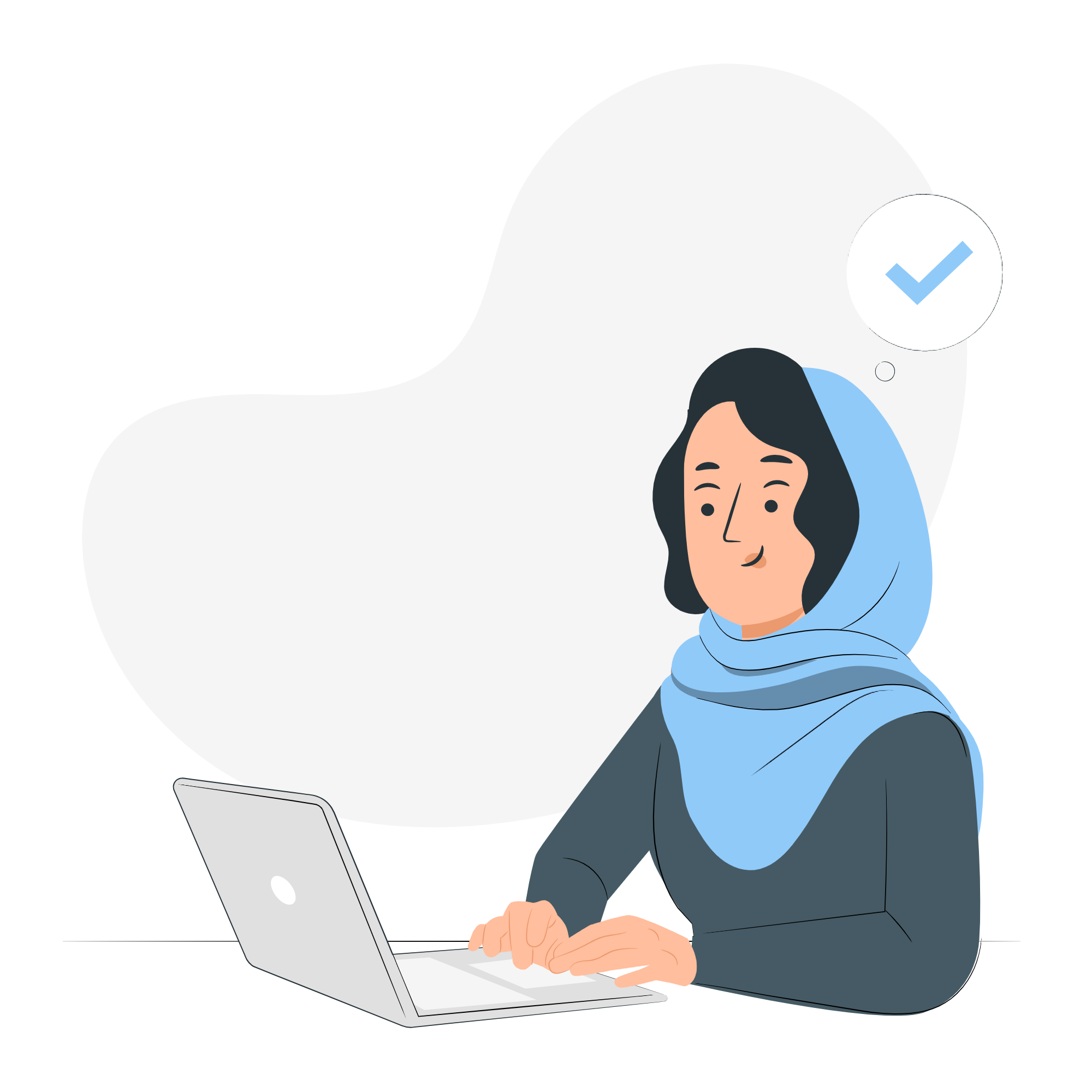
"At Synergy TMS in Aventura, I feel like I am truly treated like family. I am greeted with warm smiles and genuine attitudes. We chat about the weekend, make jokes, share stories. My treatment goes by quickly and as I head out the door, I’m told they look forward to seeing me soon. It feels great to come to this office. If you’re thinking of trying out TMS for the first time – go here! You won’t regret it."
How does TMS work for people with depression?
Highly Effective
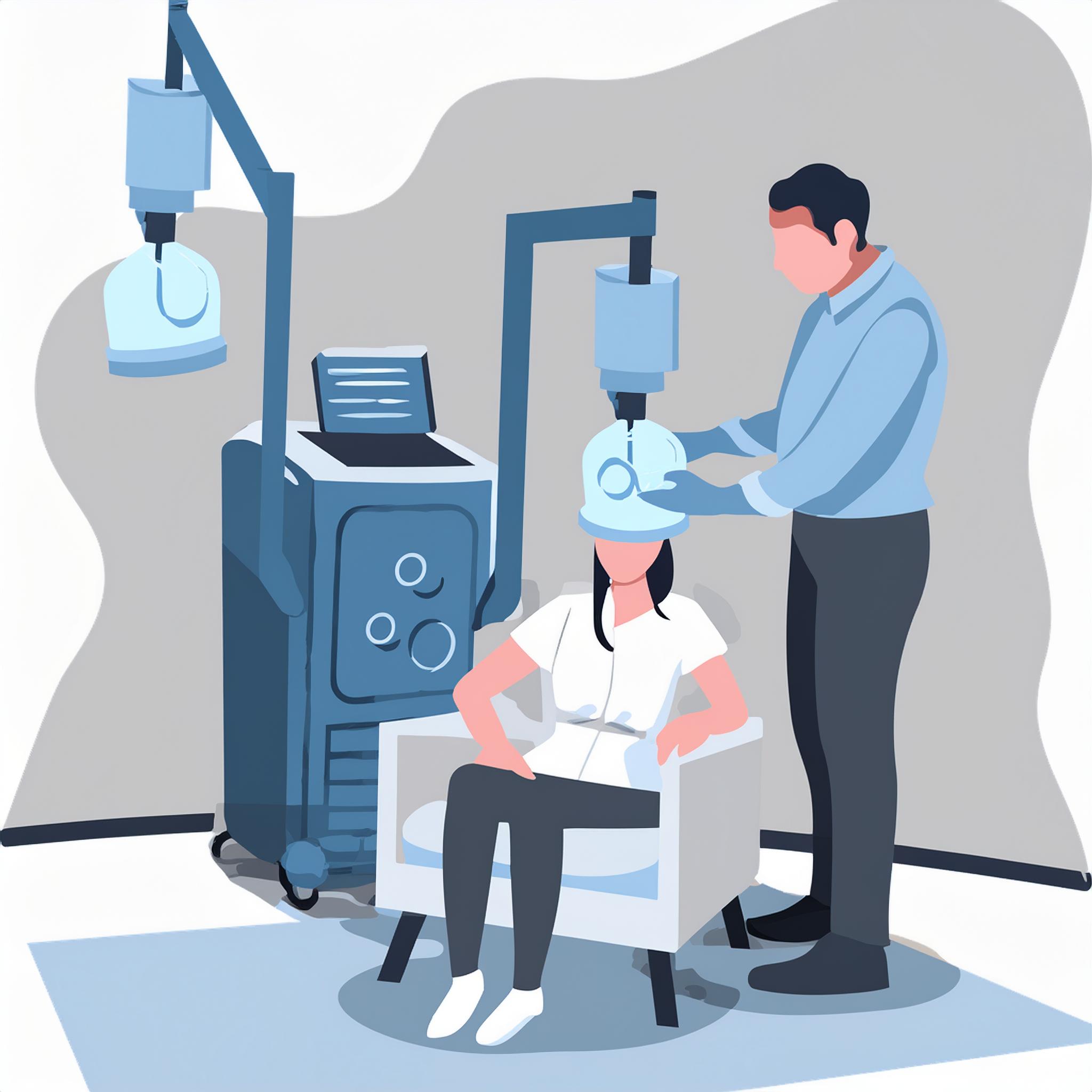
About 83% of patients who complete a full course of TMS show a clinically meaningful response and about 62% experience a full remission, meaning their symptoms go away completely
Fits in Your Schedule
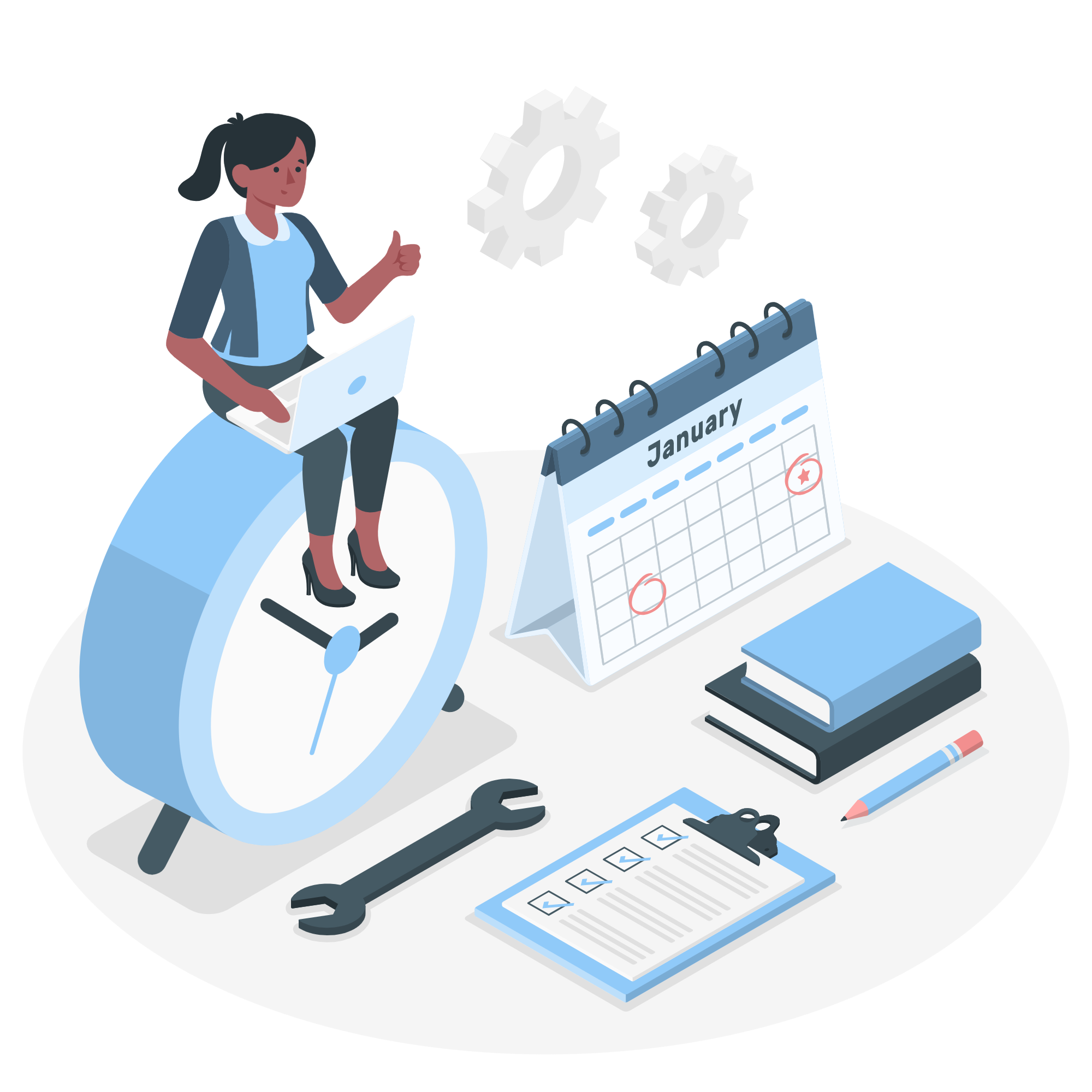
Sessions are about 20 minutes and you can drive to and from your appointments. The full course covered by insurance usually takes about 6-8 weeks to complete.
Covered by Insurance
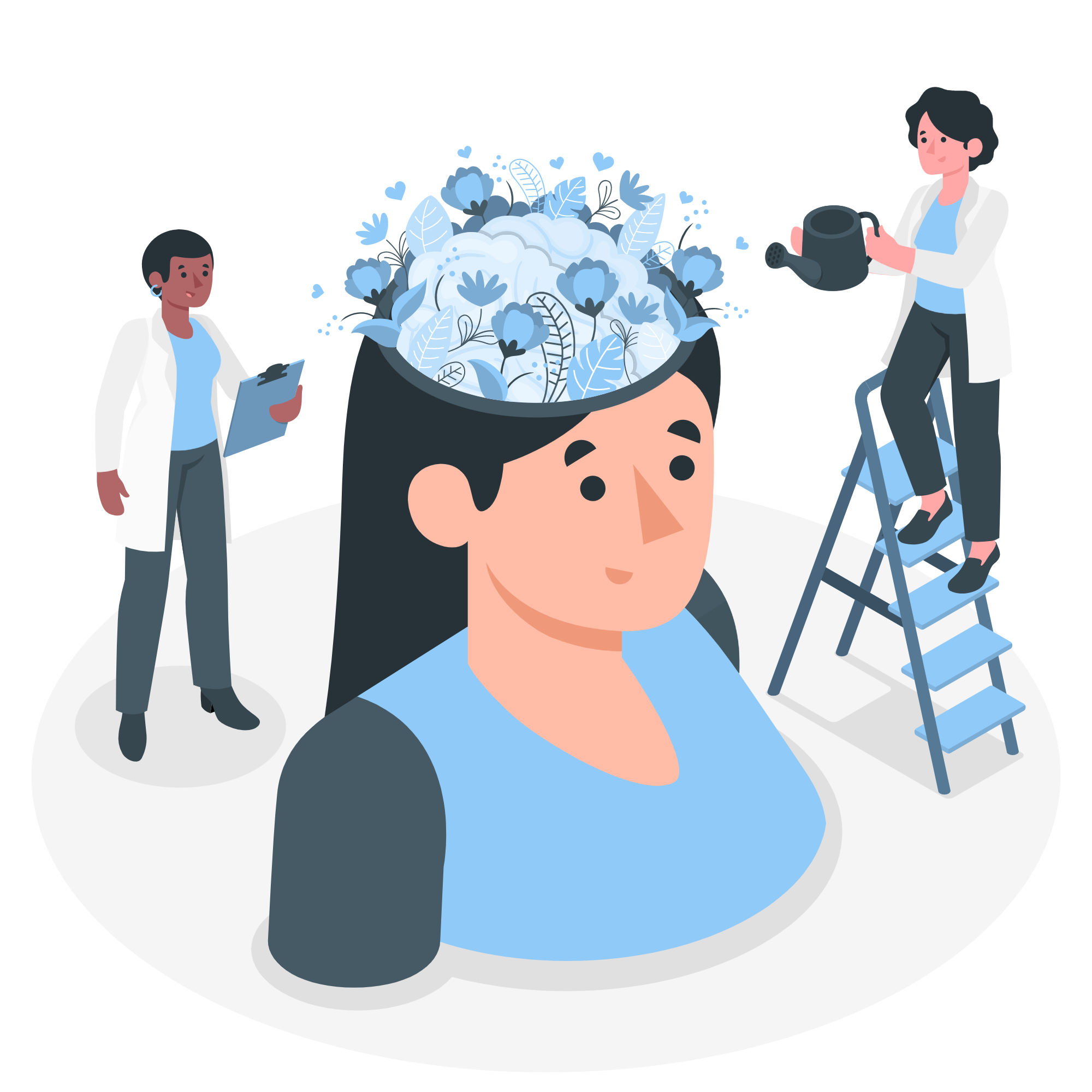
All major payers cover TMS treatment for Depression. If you've tried multiple antidepressants and therapy, there's a good chance your insurance covers it.
Meet Dr. Jason Lopez, MD

Jason Lopez is a provider established in South Miami, Florida and his medical specialization is Psychiatry & Neurology with a focus in psychiatry with more than 13 years of experience in the prevention, diagnosis, and treatment of mental disorders, emotional disorders, psychotic disorders, mood disorders, anxiety disorders, substance-related disorders, sexual and gender identity disorders and adjustment disorders. Biologic, psychological, and social components of illnesses are explored and understood in the treatment of the whole person. Tools used may include diagnostic laboratory tests, prescribed medications, evaluation and treatment of psychological and interpersonal problems with individuals and families, and intervention for coping with stress, crises, and other problems.
Serving the Northern Miami Area
We are In-Network with
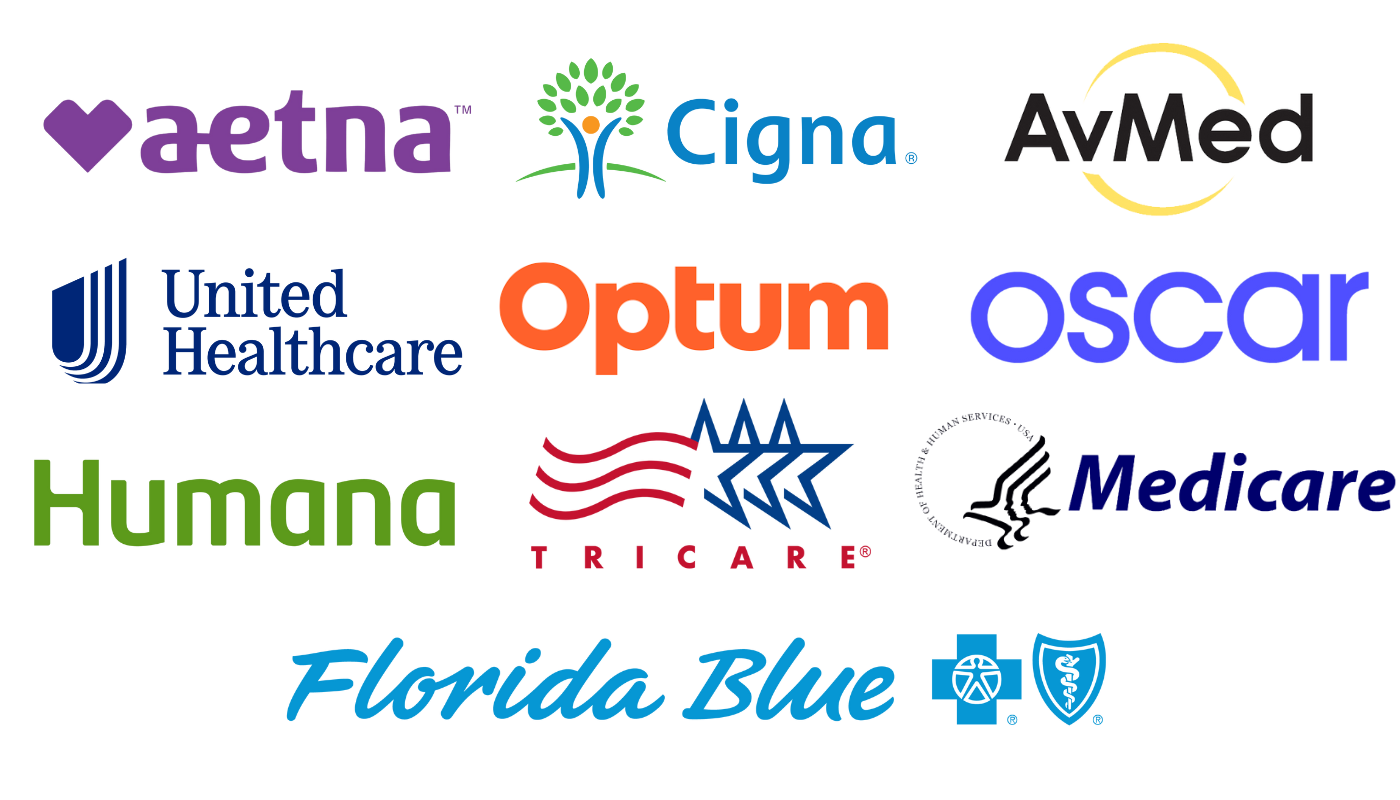
What is TMS?
TMS, or transcranial magnetic stimulation, is an alternative treatment for a variety of mental health conditions, but it is most commonly used to treat major depression and anxiety. This non-invasive therapy involves using a targeted magnetic field to stimulate under-active neurons in specific parts of the brain. TMS therapy typically takes about 6 weeks and is over 70% effective for providing long-term relief from depression symptoms.
How does TMS work?
Depression is caused by a lack of sufficient activity in the left dorsolateral prefrontal cortex, essentially the front left part of your brain. When this area is working properly, the entire brain lights up, creating an improved mood, working memory, and selective attention. TMS works by using magnetic fields to stimulate nerve cells in the brain. This is done by placing a magnetic coil near the head, which produces magnetic pulses that stimulate the nerve cells in the targeted area.
Is TMS for me?
TMS may be a good option for individuals who have not responded to traditional treatments for depression, such as medication and psychotherapy. However, it is important to speak with a mental health professional to determine if TMS is right for you.
What is TMS like? Do I feel anything?
During TMS treatment, you can sit comfortably and perform passive activities like reading a book, watching TV, or listening to music. Most patients report that TMS treatment feels like a gentle tapping sensation on the skull. Some patients experience a tingling or scalp sensitivity at the stimulation site during treatment, which can typically be mitigated by placing the device at a slightly different angle.
Are there any side effects?
The most commonly reported side effects of TMS therapy include mild headache, scalp discomfort during stimulation, and lightheadedness, all of which are typically resolved shortly after the treatment session or within the first week. Many patients report no side effects at all.
Is TMS covered by insurance?
Yes, TMS therapy is covered by almost all major insurance companies, depending on your insurance plan. Insurance plans can also have requirements for coverage, such as a prior history of antidepressant medication use or therapy treatments.
Business Hours
Mon: 9am - 5pm
Tues: 9am - 5pm
Wed: 9am - 5pm
Thurs: 9am - 5pm
Fri: 9am - 5pm
Sat/Sun: Closed

